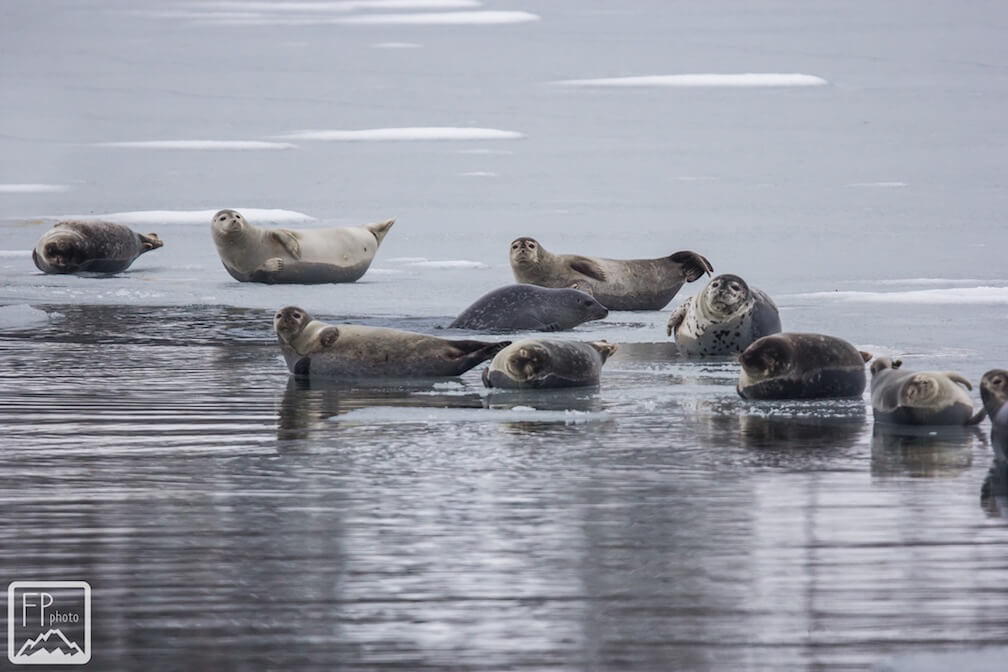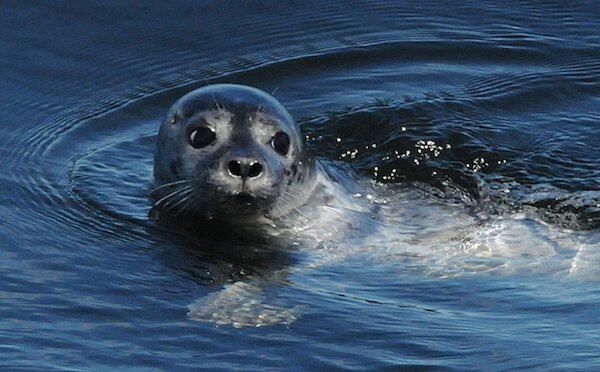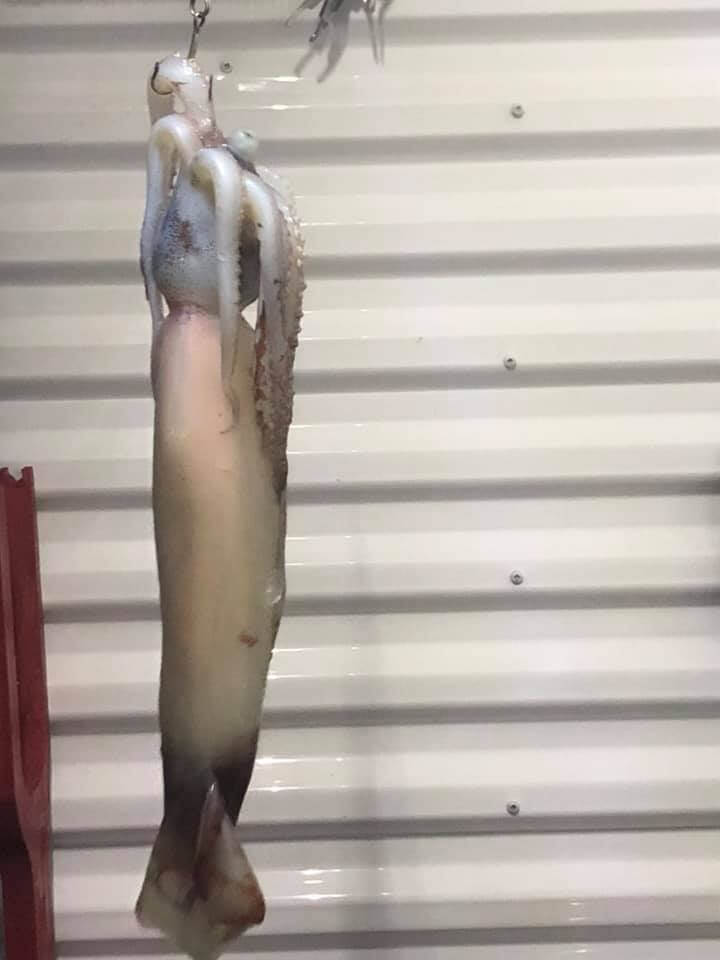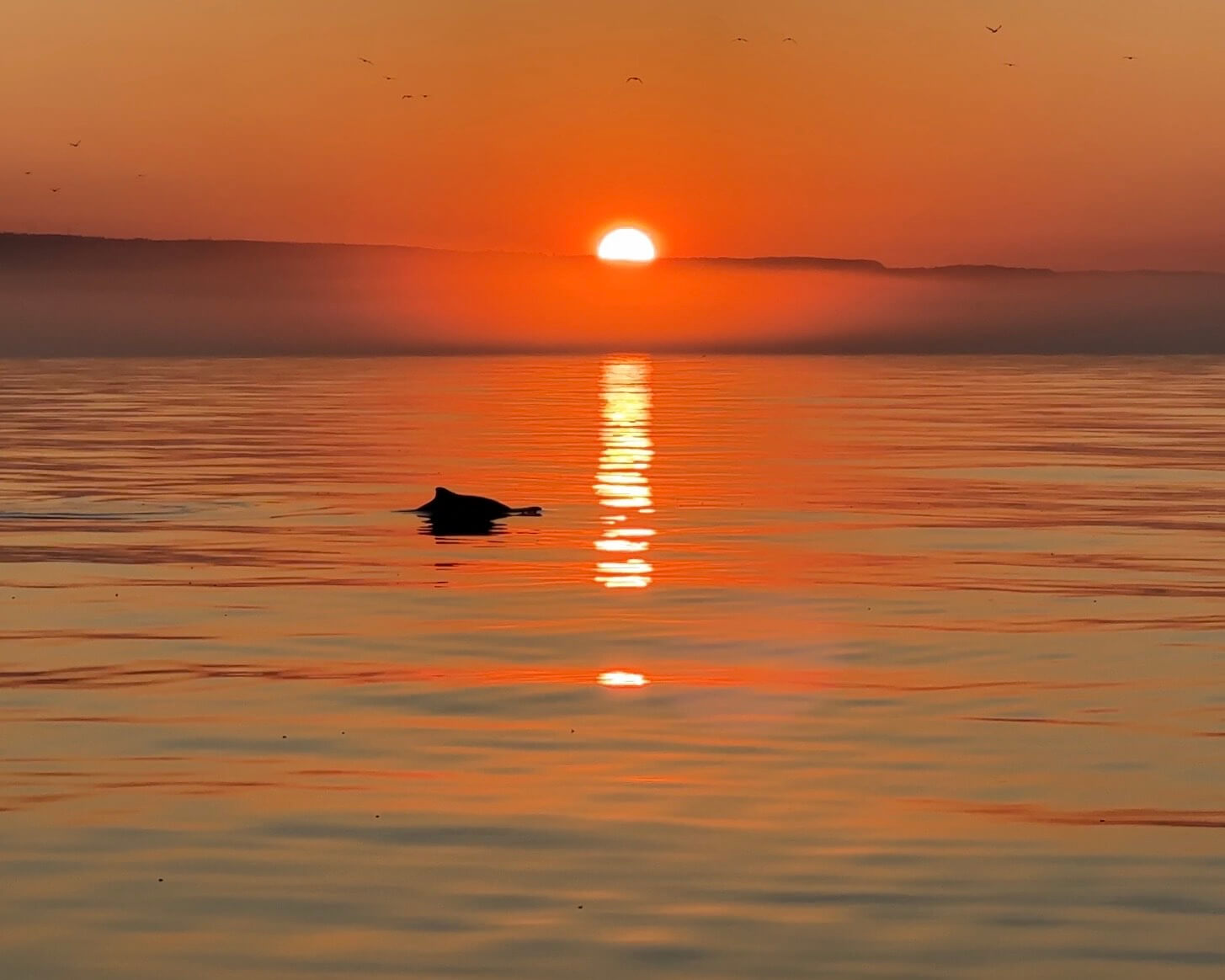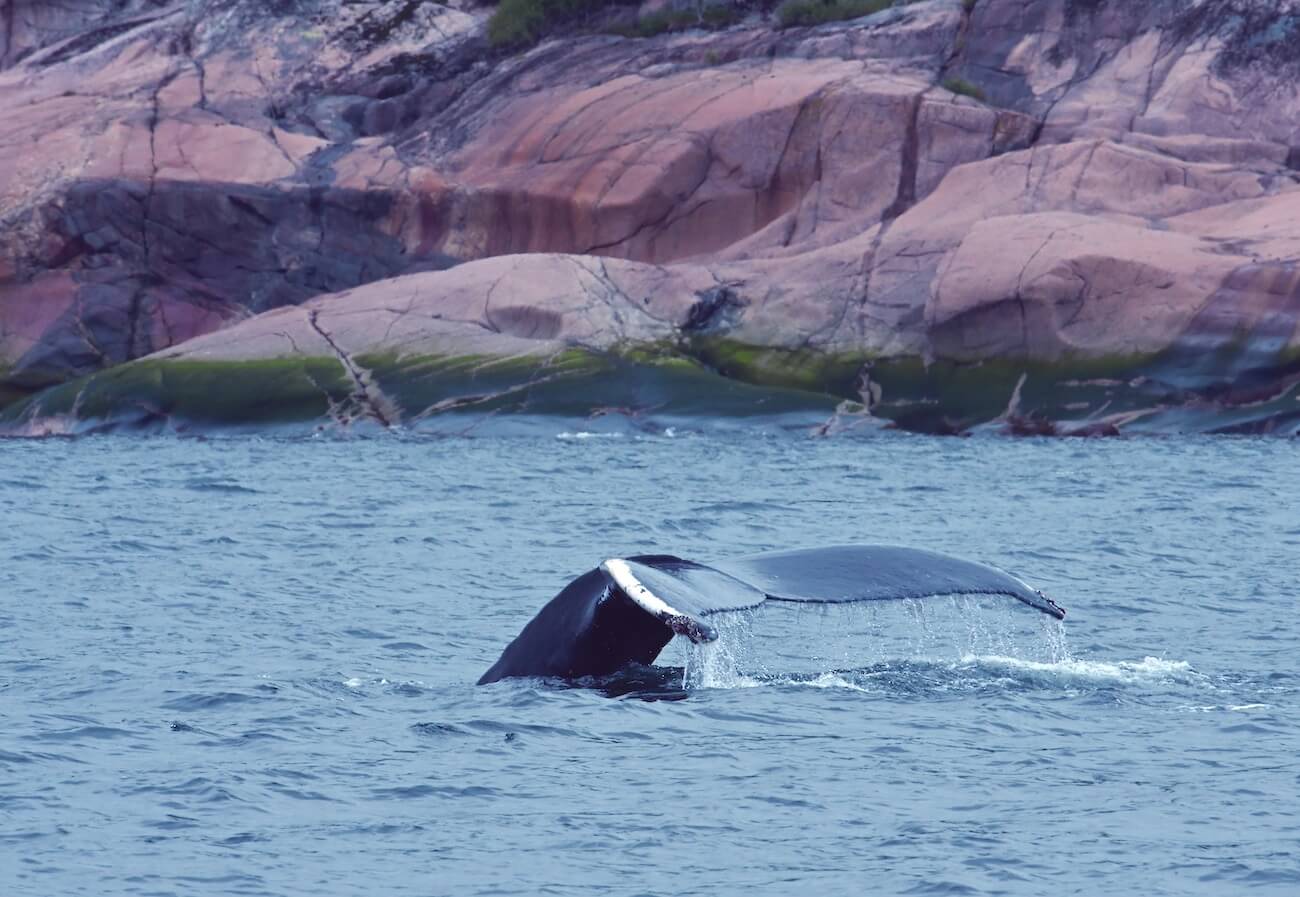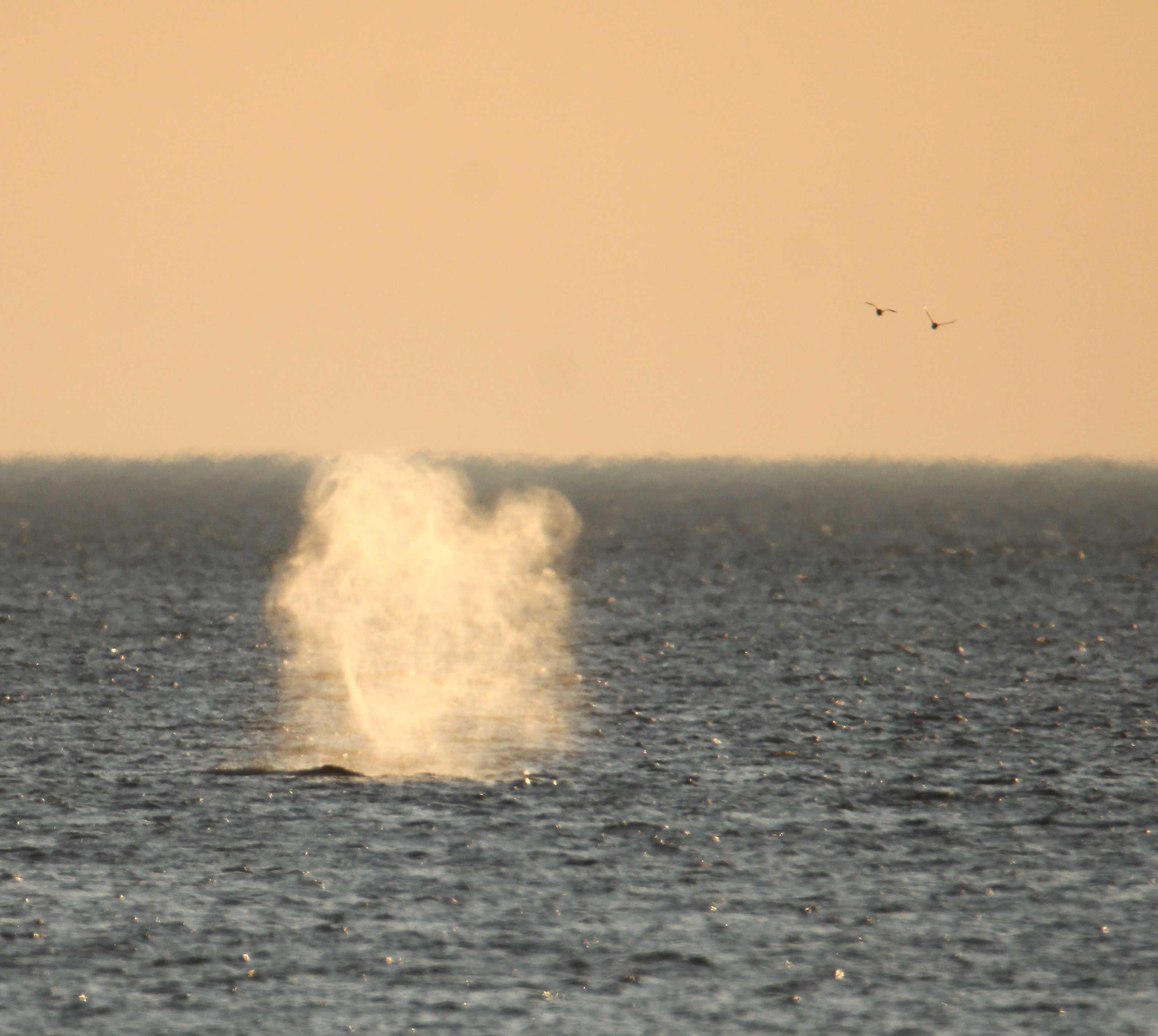After a fairly mild winter, the St. Lawrence, parts of which have been ice-covered only for a few weeks even as spring is just around the corner, is providing glimpses of a few marine mammals.
A group of cetaceans that inhabit the St. Lawrence year-round was seen on Monday, March 8: a dozen belugas near Île du Bic, spotted from Cap-à-l’Original.
Ice is forming in Gaspé Bay, giving harbour seals a place to bask in groups of ten or so individuals since Friday, March 5. Notwithstanding belugas, however, whales have been rare in recent weeks, so it is mostly seals that are entertaining our observers posted along the St. Lawrence.
The smallest pinniped species on the North Shore, the harbour seal can be observed year-round in the St. Lawrence. With its stocky body and rounded head, it can sometimes be recognized by its spots and when it climbs onto a rock by lifting its tail and head.
On the afternoon of March 9, some twenty seals drifting on the ice opposite the Baie-des-Sables wharf were spotted by our editor-in-chief, Marie-Ève Muller, but given the distance, she was unable to identify the species. The animals were calm and not overly active; perhaps they were resting before returning to the water to forage for fish, or digesting their latest meal.
Upcoming whitecoat births
This time of the year, harp seal mothers that come to the St. Lawrence usually give birth to their “whitecoat” on the pack ice of the Magdalen Islands. Mike Hammill, research scientist and head of the Marine Mammal Section at DFO’s Maurice Lamontagne Institute, studies the behaviour of seals that call the St. Lawrence home.
He has observed that, in the absence of ice, female harp seals very seldom give birth to their offspring on beaches or islands. If they are forced to do so, pup mortality is very high. For this reason, Mike believes these individuals could take advantage of the more favourable pupping conditions on the pack ice off Newfoundland and gradually abandon the Gulf. Statistics for the 2021 pupping season will help confirm or infirm this trend.
As the ice melts, seals are becoming more and more accustomed to beaches and rocky coastlines. The chances of encountering them are more numerous. If you come across a seal along the shore, give it even more space than you would your fellow humans. The seals we see on the beaches need their rest. If you happen upon a vulnerable or dead seal or whale, you should call 1-877-722-5346. Despite the pandemic, the call centre team for the Quebec Marine Mammal Emergency Response Network continues its mission, 24/7.
A most unusual catch!
While ice fishing enthusiasts are active in the Saguenay, a rather unexpected catch took place on March 6. A squid was captured and released, but not before making an appearance on social media. In fact, very few of these cephalopods have been observed in the Saguenay region.
Various species of squid inhabit most of the world’s seas. They are found only in salt water and feed mainly on fish, crustaceans and molluscs. Although this specimen has not been identified to determine its species, it could be an individual straight from the Atlantic, drawn to the far reaches of the Fjord in search of food. If its prey have become more scarce within its normal range, it may have had to explore uncharted waters in its quest for food.


